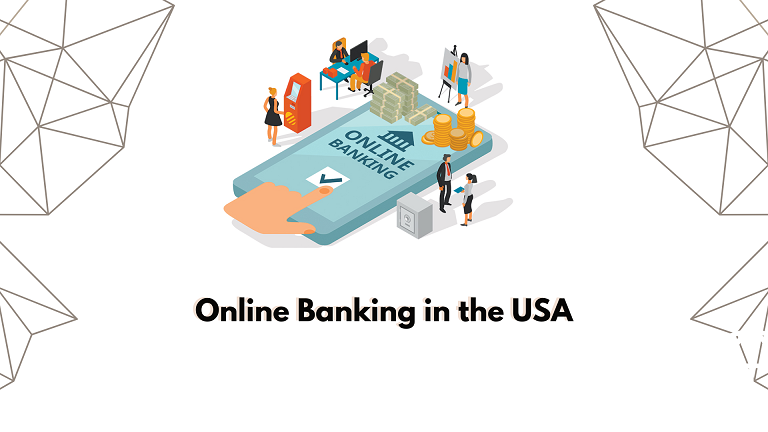Online Banks in the USA
Online banks, also known as virtual banks or internet banks, are financial institutions that operate entirely online, without physical branches. They offer many of the same services as traditional banks, but often with a focus on technology, convenience, and competitive rates. Here’s a breakdown of online banks in the USA:
Pros of Online Banking:
- Convenience: Manage your finances 24/7 from anywhere with an internet connection.
- Potentially Higher Interest Rates: Since online banks have lower overhead costs compared to brick-and-mortar banks, they may offer higher interest rates on savings accounts and certificates of deposit (CDs).
- Lower Fees: Many online banks have lower or even no monthly maintenance fees compared to traditional banks.
- Tech-Friendly Features: Online banks often prioritize user experience with user-friendly apps and mobile banking features.
Cons of Online Banking:
- Limited Customer Service: Since there are no physical branches, customer service may be limited to phone, email, or online chat.
- Cash Deposit Limitations: Depositing cash can be a challenge, as online banks typically rely on electronic transfers or mobile deposits (which may have limitations).
- Certain Services Unavailable: Some services, like safety deposit boxes or notary services, might not be available through online banks.
Popular online banks in the USA:
- Ally Bank is known for its high-yield savings accounts and interest rates.
- Chime: Offers mobile-first banking with no monthly fees and early access to direct deposits.
- Charles Schwab Bank: Provides checking and savings accounts with no minimum balance requirements and ATM fee reimbursements.
- Capital One offers a variety of online banking options, including checking, savings, and credit cards.
- Discover Bank features high-yield savings accounts and cash-back rewards credit cards.
Choosing an Online Bank:
- Consider your needs: Think about what features are most important to you, such as high interest rates, low fees, or specific account types.
- Compare Rates and Fees: Research different online banks and compare their interest rates, monthly fees, ATM access, and minimum balance requirements.
- Customer Service: While online banking is convenient, consider how you prefer to receive customer service if needed.
- Security: Ensure the online bank has a strong reputation for security and uses robust encryption methods to protect your information.
FDIC Insurance:
- Look for the FDIC (Federal Deposit Insurance Corporation) logo when choosing an online bank. The FDIC insures deposits up to $250,000 per depositor, providing an extra layer of security for your money.
Conclusion:
Online banks can be a great option for those who prioritize convenience, competitive rates, and a tech-savvy banking experience. By considering your needs and comparing different online banks, you can find the one that best suits your financial goals.
Banks in the USA – Click here
Find more by clicking here
